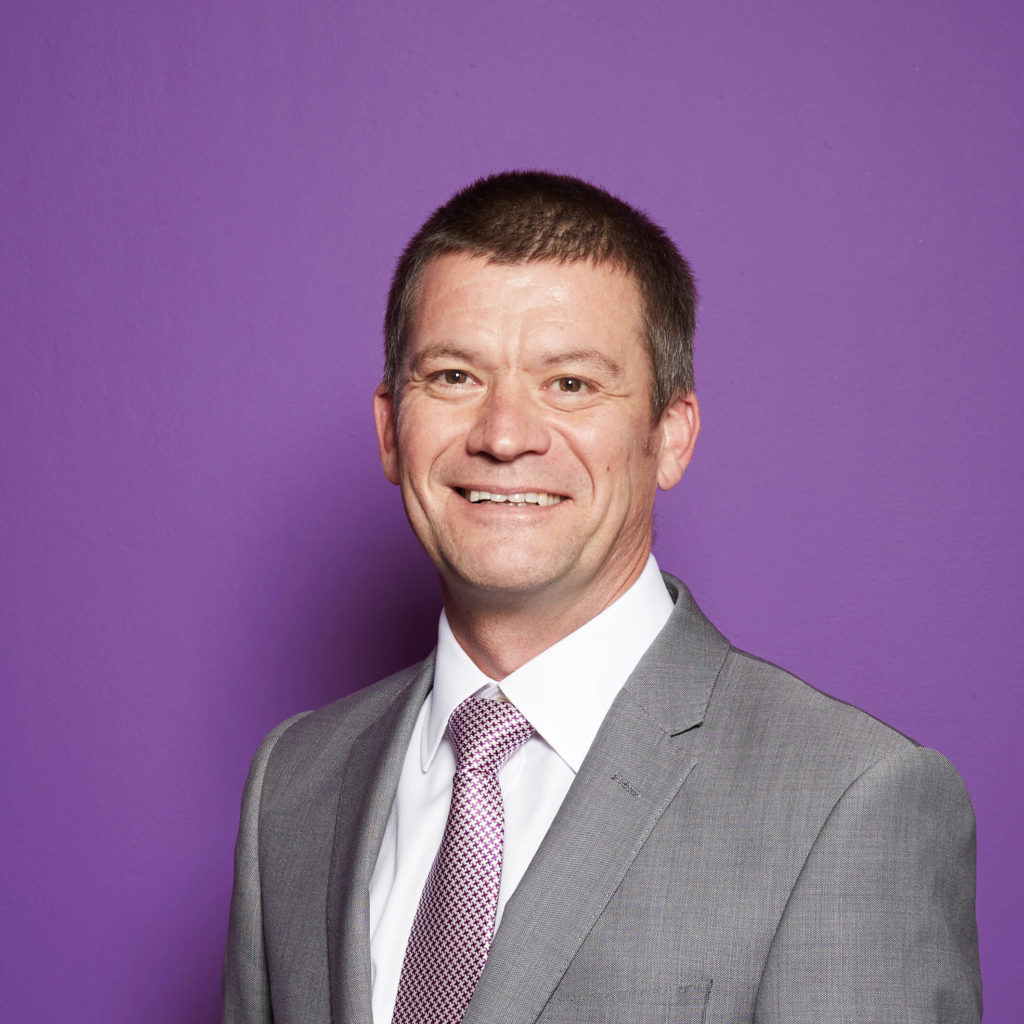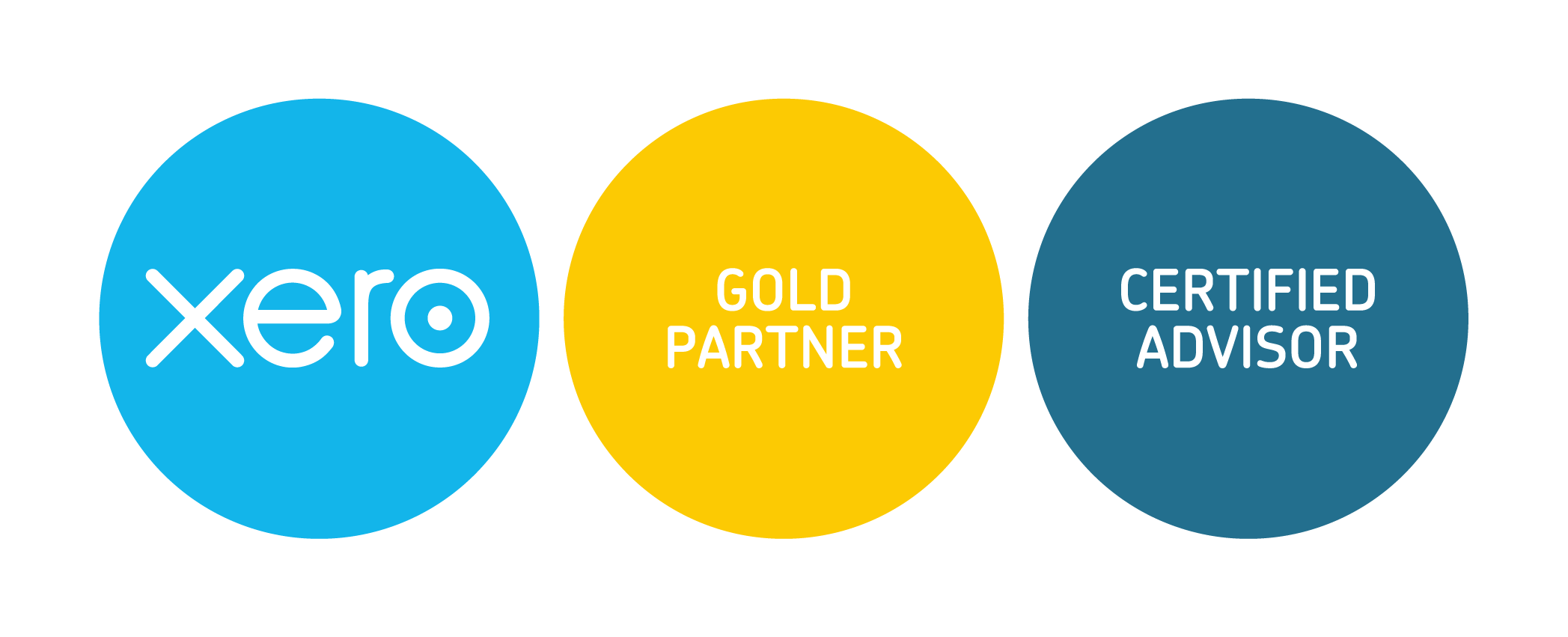
It's not about how much you earn. It's about how much you keep.

Date posted: 2021-02-26
Across our team, we work with all kinds of different businesses. We see different business models, different strategies, and lots of ways to maximise value for business owners. We’ve been having a bit of a re-focus on tax for 2021, and we thought it would be helpful to walk you through an example tax diagnostic.
For many of us, managing money effectively isn’t about how much you earn; the figure on your P60. It’s about how much of that money you can keep. With the right tax planning and advice, you could have much more disposable income than you think. It could be the difference between a budget week in the sun, and the holiday of a lifetime for you and your family!
Meet Steve – our case study
Let me introduce you to Steve. Steve is a fictional character who represents a typical business owner. Picture a hard-working dad who’s in the IT consultancy game. He’s office-based (usually – he’s working from home during lockdown) and he has a team of nine staff members around him. Business is going well, but could always be going better!
We’re going to look at his personal and business circumstances and see where having the right tax advice has given him more freedom.
Maximising household income
The first step in our tax diagnostic is maximising household income in a tax efficient way.
Steve’s wife, Carla, used to work in finance, but her career has taken a back seat since they had kids (and especially since those kids have been homeschooling). Now Carla does admin and bookkeeping part-time within Steve’s business.
The situation works well for them; they can be taxed across both of them when it comes to household income. They can also benefit from using both personal allowances, which puts Steve in a lower-level tax band. In addition to this, the company saves on national insurance contributions.
Dividends and Company Loans
This past year has been tough on everybody. Holidays cancelled. Shopping trips abandoned. Not even a meal out. But we’ve still found ways to spend our money!
For Steve and Carla, they bought a new house back in 2017 – with a view to doing some work on it. This last year has made them realise how much they need that extension – and a new kitchen!
To keep his personal cashflow sweet, Steve took out a dividend. £2,000 tax free.
He also took out a tax-free loan from the company. The company had spare cashflow and so Steve took out a £10,000 loan. This is the maximum you can take before paying tax on it. He knows he can comfortably pay it back over a period of time, but it was cheaper than getting the new kitchen on finance!
When Steve first started the business he’d done loans the other way; lending money TO the company rather than borrowing FROM it. He received a commercial rate of interest on the money paid back from the company which was also – you guessed it – tax-free.
New puppy, new car
Like many families in lockdown, Steve and Carla finally succumbed to the kids’ requests for a pet. They brought home Oscar the chocolate Labrador, who slotted into their life perfectly (and also chewed the units in their old kitchen).
Except there was one place he didn’t slot in perfectly – the car. Time for an upgrade.
As we’re looking at this from a tax diagnostic perspective, an electric vehicle is the obvious choice. Steve got 100% corporation tax relief against the companies profits on his new fully-electric Volvo and it didn’t count towards his Benefit in Kind (BIK). Fully-electric cars are also exempt from road tax for the first year.
On top of this, Steve can put the running costs through the business, as well as things like installing a charging point at home and charging tax-free while at the office. He puts the car insurance and servicing through the business too – it all adds up!
Business expenses and employee benefits
Travelling for business might seem like a thing of the past; Zoom calls and home offices have taken over our working lives. But when things do get moving again, Steve will be putting travel expenses, mileage allowances and subsistence (eating and drinking) expenses through the business again.
Steve also uses a rewards card when travelling for business. His Amex gives Airmiles which they usually save up for a big family holiday!
When it comes to employee benefits, there are a few things he can put through the business:
- Life insurance – making sure that their family are provided for in case the worst happens is important to Steve and Carla
- Pension advice – you get a £500 annual allowance towards pension advice
- Mobile phones – both Steve and Carla have mobiles that are paid for through the company
- Trivial benefits – although this comes in £50 increments, it adds up to £300 each – which covers Christmas and birthday presents!
- Christmas party – you’re allowed to put £150 a head towards a slap up dinner and dance. This year they’ve split the money as they’re planning a Summer Social – just so the team can remember what each of them look like!
Fighting the lockdown flab
We’ve noticed that people have gone one of two ways in lockdown; either they’ve discovered a new-found love of exercise or they’ve been sat eating crisps at their desks for 8 hours a day.
Steve is in the first category. He bought a bike as part of the “Salary Sacrifice – Cycle to Work Scheme”. The scheme allows you to buy a bike pre-tax and pay in instalments. So Steve has bought himself an expensive road bike and joined the lycra lovers in an effort to get into shape!
Looking to the future
With things going well at the moment, Steve is thinking about his retirement fund. He’s hoping to buy the office building that his business currently occupies. The rent from the company will then be paid into his pension tax-free (subject to limits). You pay no income tax or national insurance, and the company gets a corporation tax deduction on the money paid in.
Although he’s not looking to retire just yet, he’ll take 25% tax-free and the remainder will be spread over different tax years. This means he’ll take advantage of each years’ personal allowance and tax bands.
Are you ready for a tax diagnostic?
Now you’ve seen a few of the ways that business owners can maximise value from their businesses, has it made you think?
Do you need to talk to somebody about your personal circumstances and tax situation? We have tax experts on hand to help you work out ways to get more money to take home and spend.
To make sure you’re getting all the benefit from the tax saving opportunities available to you and your business, book a tax diagnostic review with us.

